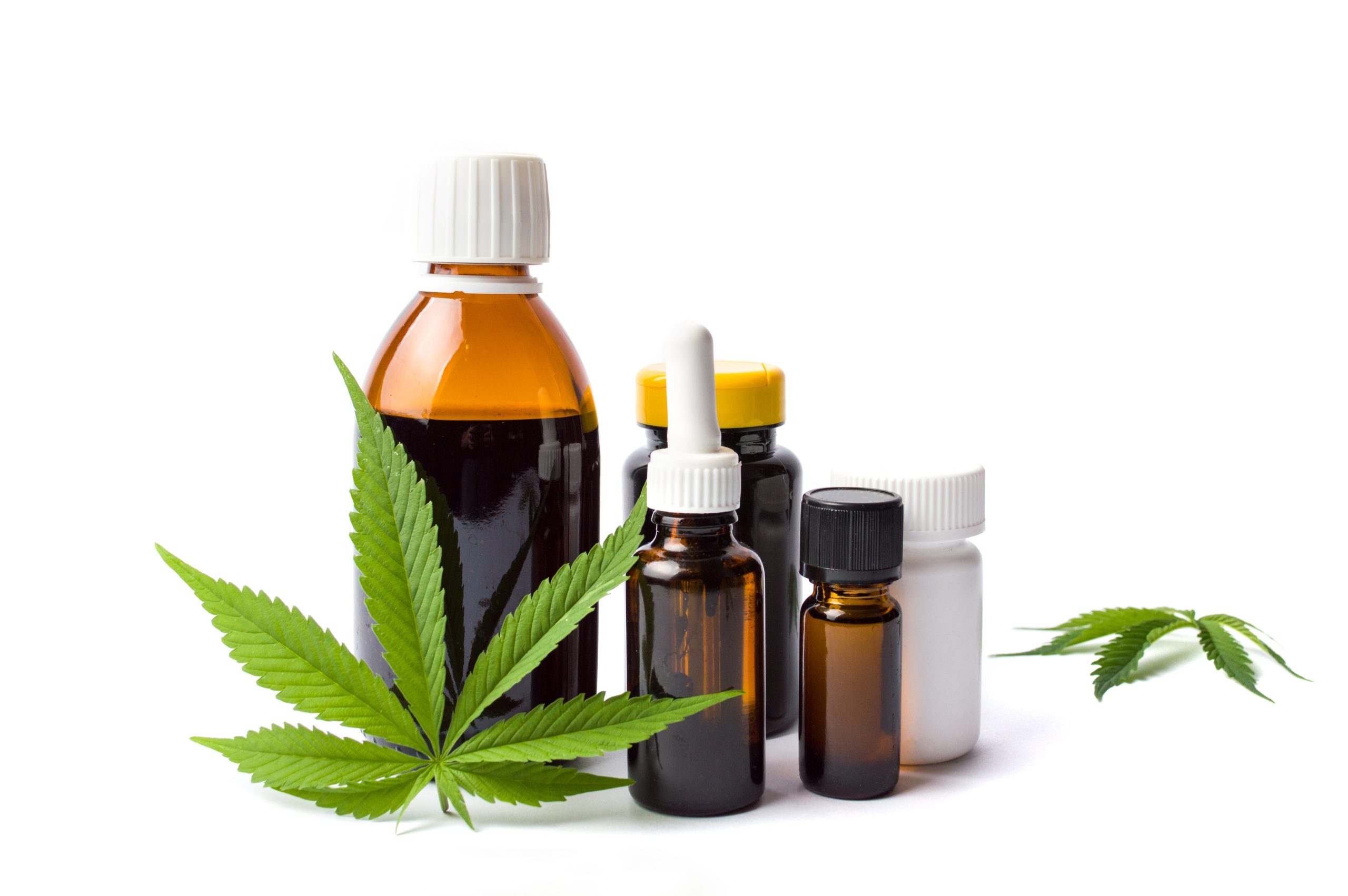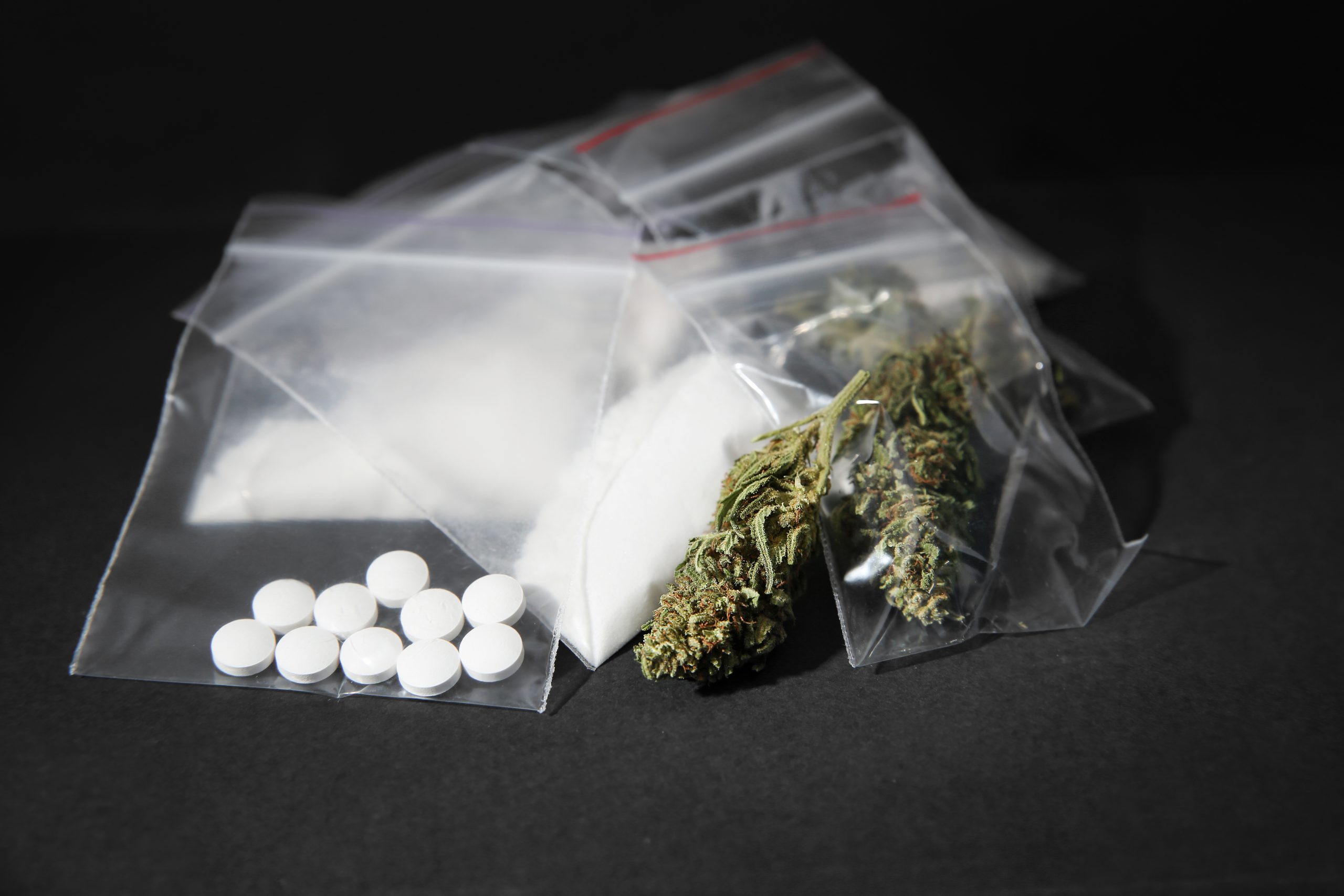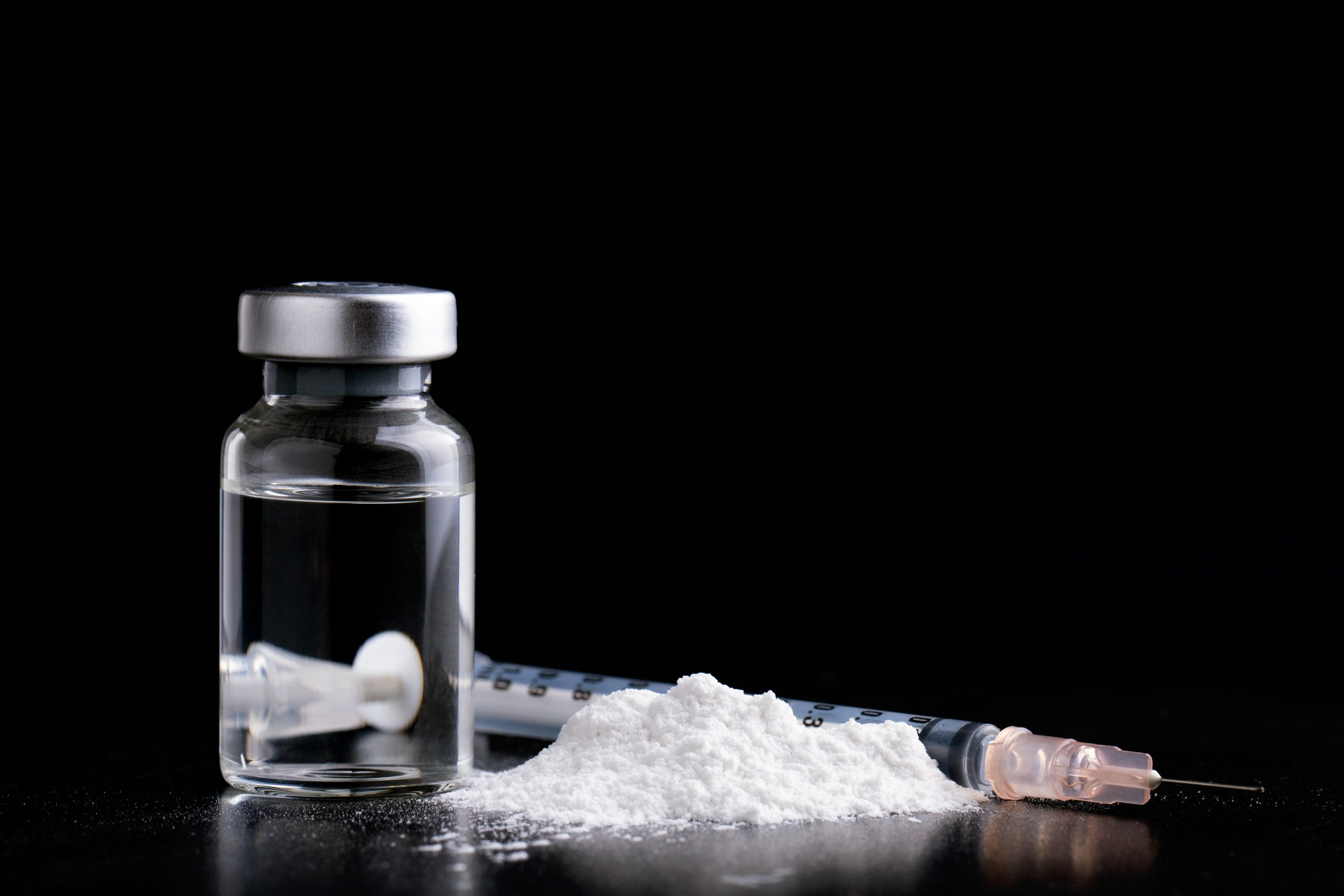7 Drug Categories and Their Effects
What are drugs and what effects do they have? We aim to help cover some of your questions in this article. Remember all drugs will have some impairing effects. Some maybe slight and hardly noticeable other effects may render that person incapable of performing their task or duty.
Would you know what to look for? Is that person fit for work and are they involved in a safety critical role?
Cannabis
In the UK, Cannabis is an illegal Class B Drug, officially known as Cannabis. It is actually a slang term for the dried leaves and flowering tops of the hemp plant from which the active ingredient – THC (Tetra Hydro Cannabinol) – is extracted. Cannabis has an initial stimulant effect and then a relaxed phase. The psychoactive ingredients in cannabis are THC and CBD or Cannabidiol (the two main ingredients) and hundreds of other chemicals.
Cannabis is one of the most widely used drugs in the UK. Recreational use of cannabis is associated with a wide range of psychological and physical adverse effects. These effects are largely dose dependent, although a process of desensitisation to some of the unwanted effects can develop over time.
So what are the safety issues around Cannabis?
- Time and distance perception impaired
- Lack of motivation and judgement and apathy
- Lack of coordination
- Inability to problem solve
- Poor concentration
- Mood swings and anxiety
- Increased heart rate
Team any of the above with a work setting and you could be heading for disaster.


Opiates
Opiates are a group of drugs that change the way your body responds to pain. They include everything from “over-the-counter” cough medicine to heroin and morphine.
Codeine is commonly found in everyday medication but if used outside clinical advice or guidelines can be highly addictive like all opiates! It can also test positive in workplace testing programmes.
Codeine is also an illicit (banned) substance in many countries, so check all medications before you travel!
When you take opiates, your body releases dopamine, which makes you feel good. This is how opiates work as painkillers—they block the receptors in your brain that perceive pain, and make you feel less anxious.
Opiate abuse can lead to addiction and sometimes be fatal.
So what are the safety issues around Opiates?
- Pulse and blood pressure are down.
- Sleepy with slow reflexes.
- Pain and anxiety are reduced.
- Lack of concentration.
- Effects to vision, judgement and decision making.
Due to the addictive nature of opiates withdrawal also becomes an issue if the subject uses them illegally or outside of medical advice.
Hallucinogens
This group of drugs is known as hallucinogens, and they have the ability to alter your perception of reality. They can cause users to experience events that don’t exist outside of their mind, like believing they can fly or see colours or emotions in different ways.
Typical hallucinogens are LSD, Ecstasy (MDMA) and ‘magic mushrooms’.
So what are the safety issues around Hallucinogens?
- Poor balance.
- Dazed appearance.
- Paranoia sensory distortions or “bad trips”.


CNS Stimulants
This group stimulates the central nervous system (CNS) heart rate is up and blood pressure. Typically they include Cocaine, Amphetamine, Methamphetamine, Methadrone and some “New Psychoactive Substances” (NPS) which used to be incorrectly referred to as “legal highs”.
So what are the safety issues around CNS Stimulants?
- Risk to health with high pulse and blood pressure having an adverse effect on the heart and CNS system,
- Leading to a ‘down side,’ exhaustion or depression after use.
- Ingestion leads to increased risk taking and a feeling of invincibility and over confidence.
- Eyes become dilated (large) and again vision will become sensitive & painful to moderate or bright light.
- The user is restless and can become easily irritated and occasionally volatile.
CNS Despressants
This group covers Benzodiazepines, antidepressants, alcohol, GHB and many others. If a person looks intoxicated, acts drunk and appears drunk yet they haven’t consumed alcohol then there is a possibility they are intoxicated with depressant medicine. Many over the counter medicines which can make a person appear drowsy are CNS depressants as they lower the pulse and blood pressure.
So what are the safety issues around CNS Depressants?
- A person may become uncoordinated, slow and impaired in their reactions.
- Confusion.
- Unable to problem solve.
- Poor self-control and decision making.


Dissociative Anaesthetics
Dissociatives are a class of psychedelic drug. This class of drug causes people to feel separated or detached from their body or physical environment. PCP is a massive problem in the US and creeping into other parts of the world. There is another similar drug to PCP called Ketamine which has become widely available and popular with users throughout the globe. Ketamine has a corrosive effect on the urinary tract and in time can cause the user to suffer from cystitis or at worst removal of their bladder. Ketamine is often known as the “horse tranquilliser” it is used for this and other surgical procedures. It remains a powerful anaesthetic often found or adulterated into other illicit substances from other drug groups!
So what are the safety issues around Dissociatives?
- The user believes they are disassociated from the body and as it’s an anaesthetic so they also feel little or no pain.
- There is a high risk the user will injure themselves and self-mutilation is not uncommon.
Inhalants
Volatile solvents, glues, paints and aerosols. Used mainly by adolescents inhaled deeply into the with products containing toluene. Recently nitrous oxide (laughing gas) has become popular at events and parties, it is perceived as harmless but it’s far from that. It creates a lack of B12 and oxygen in the brain and has been implicated in a number of deaths in the UK. The UK Government have looking to class Inhalants such as Nitrous Oxide under the Misuse of Drugs Act to restrict their use.
So what are the safety issues around Inhalants?
- Evident extreme intoxication.
- Vital organ and lung damage.

Are you worried about drug abuse in your workplace? Would you like to find out more about our knowledge and experience surrounding signs and symptoms of drug abuse? Simply complete the form below and one our team will be in touch!
If you or someone you know are experiencing issues related to drugs, there is lots of free helpful information and support available. We have listed some of these below:

